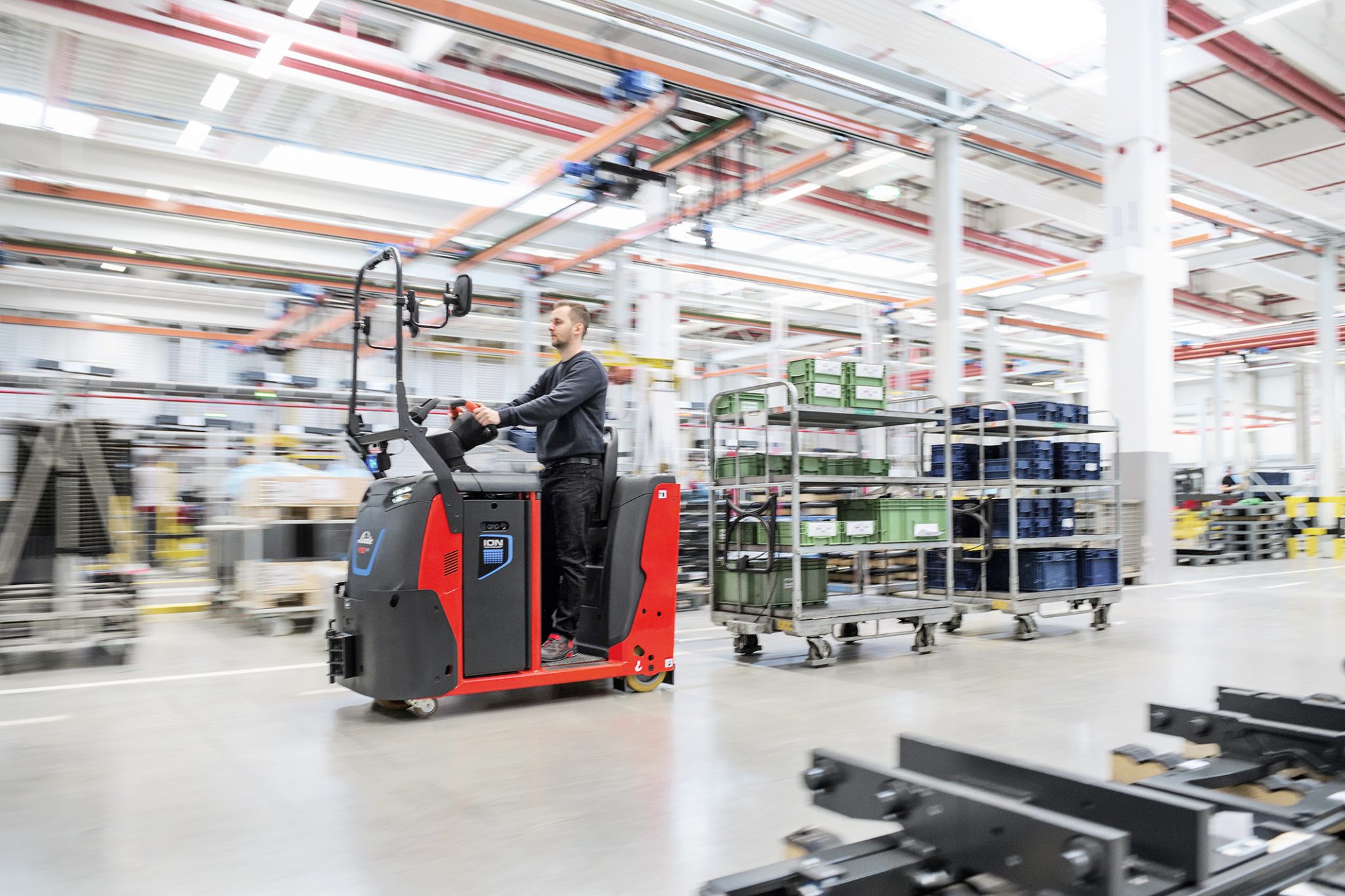The coronavirus has taken hold around the world, and all parts of the economy have a duty to help slow the spread of the virus. An increasing number of logistics firms are implementing measures to maintain operations and protect their workforce. Masks, or even simple face coverings, are now standard items of clothing in many warehouses, as they are in everyday life. But what impact do they have on voice recognition when working with pick-by-voice systems? EPG has looked into this very question and has conducted a computer-based test to assess recognition rates when staff are wearing a mask.
“I’d first like to share the findings: When working with voice-controlled systems while wearing a mask, the speaker-independent system Lydia® Voice once again demonstrated its strengths compared with systems based on personal voice profiles,” says Tim Just, CEO of EPS (Ehrhardt + Partner Solutions, a Member of EPG). “We invested a lot of development work into the latest version of our voice software and that’s really paying off in the crisis: With the aid of our technology, we’re helping logistics companies to maintain their operations and avoid any shortfalls in picking productivity despite the safety measures in place.” The test was conducted using the latest version of the system, Lydia® 8, which is based on neural networks and the deep learning concept. This concept resulted in a 25% improvement in recognition security, representing an important advantage primarily for employees with dialects or strong accents. “The test shows that precise recognition is still very much achievable even when the speaker is wearing a face covering, with no system adjustments required. In addition, voice training – and subsequent training with a mask – is not necessary, as can be the case with speaker-dependent pick-by-voice solutions,” says Just.
The standardized, computer-based test evaluated the impact of wearing N95, FFP2, paper or cloth masks on voice recognition rates while using the latest version of Lydia® Voice. The test was initially carried out with three different types of headset. The results for all types of mask showed roughly the same recognition rate (99.75% to 100%) as picking without a mask. Even with the FFP2 masks, which are generally reserved for healthcare professionals, there were practically no measurable shortfalls when using Lydia® Voice. Picking with the Lydia® VoiceWear® also passed the mask test, with the results similar to those achieved with the headset. N95, cloth and paper masks had hardly any measurable impact on voice recognition quality in this test either, with no declines in productivity. “Only the FFP2 masks in combination with Lydia® VoiceWear® showed some minor deviation, although it was still at a tolerable level,” Tim Just adds. “This deviation is due to the fact that FFP2 masks have a greater impact on acoustic signals due to the way they are made.”











